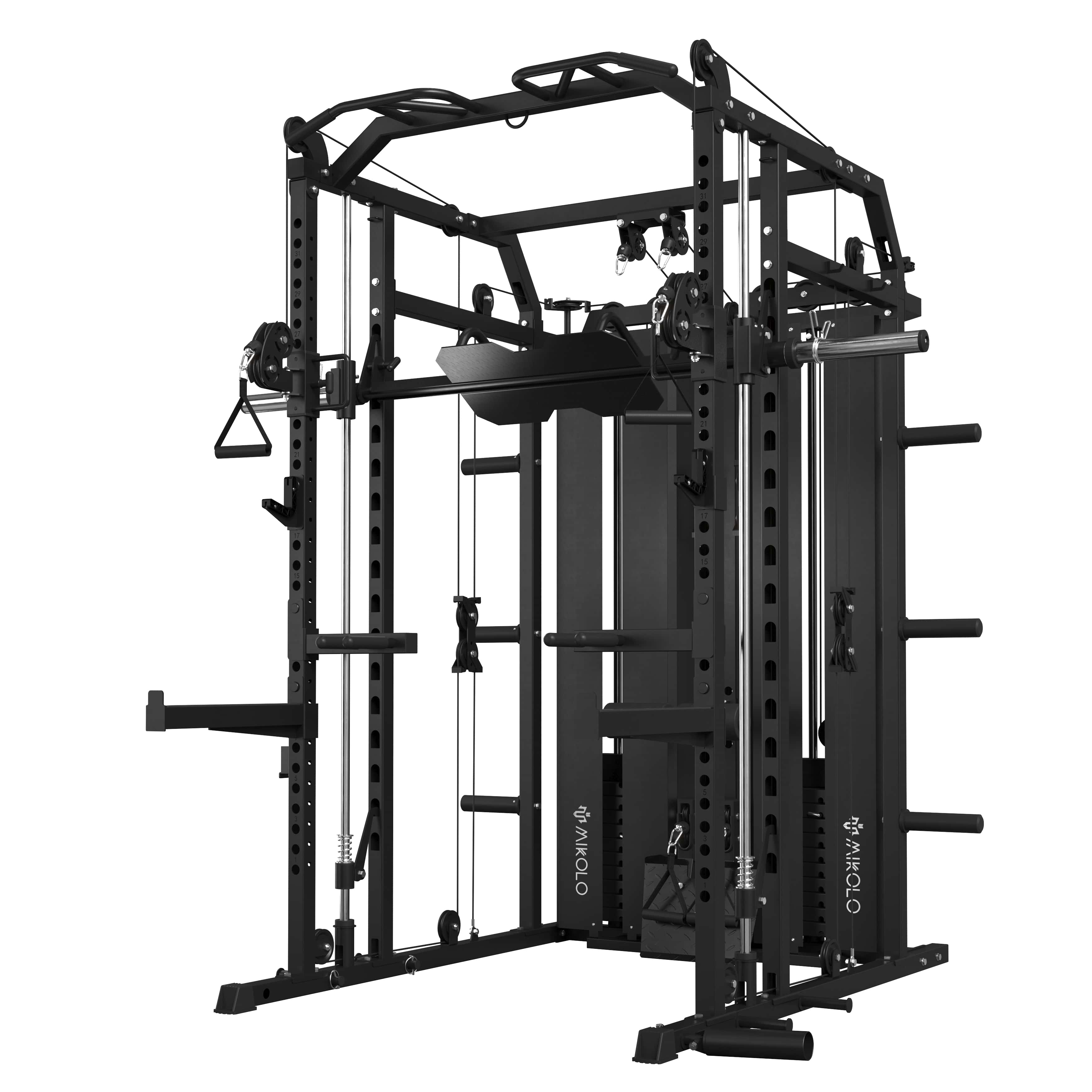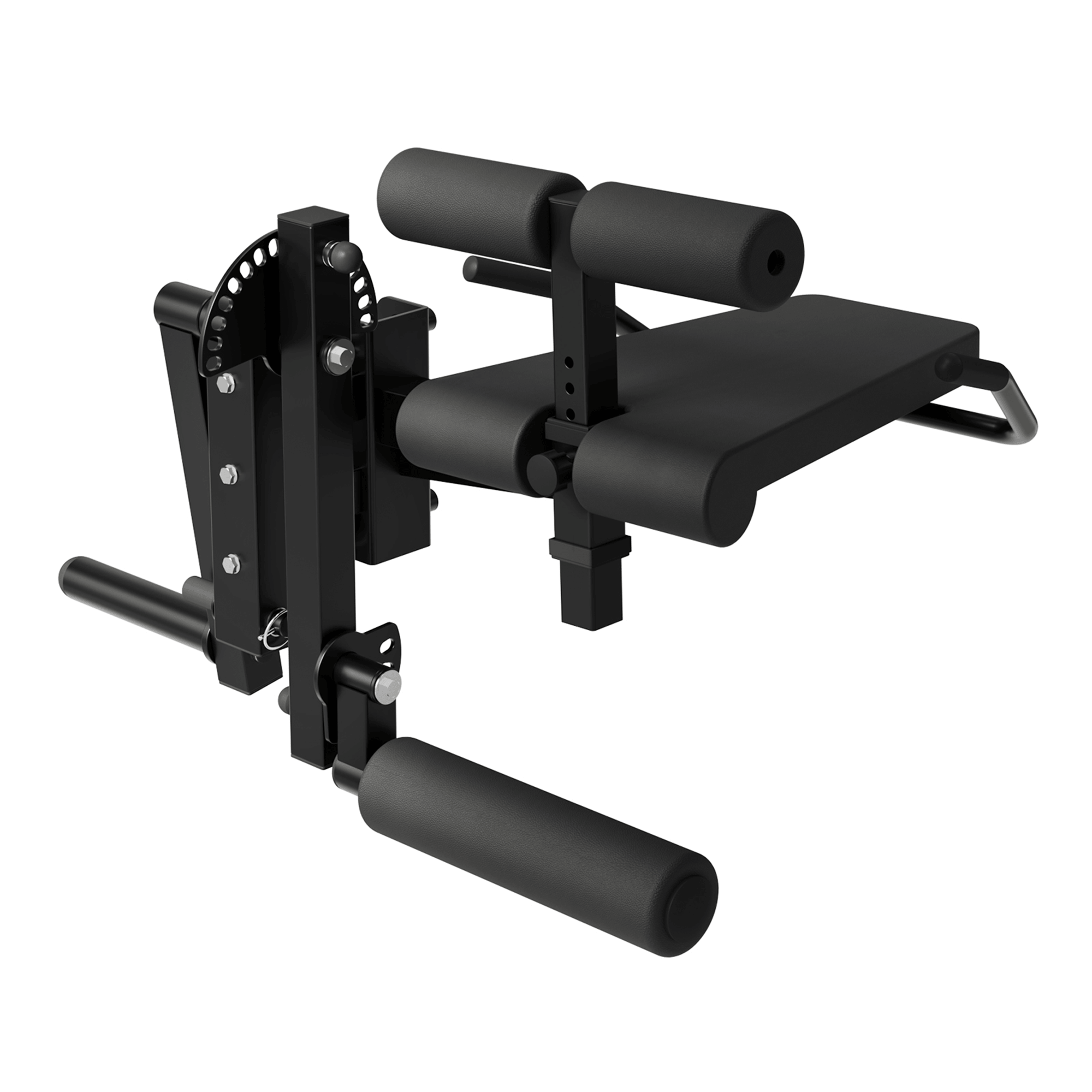If you’re recovering from a knee injury or preparing for life post-surgery, using an exercise machine for knee replacement rehabilitation can help restore mobility, improve strength, and encourage a faster return to regular activities. These specialized machines—often referred to as knee rehabilitation machines—are designed to offer both comfort and efficiency, helping to guide the knee through controlled movement patterns. Below, we’ll explore the benefits, types of equipment, and general usage tips for an exercise machine after knee surgery or injury.
1. Importance of Knee Exercise Machines
Knee rehabilitation machines play a crucial role in:
-
Improving Range of Motion: After surgery or a serious injury, the knee joint tends to stiffen. Gentle, repeated movements through a controlled range of motion can help prevent scar tissue from developing, ensuring flexibility returns more smoothly.
-
Building Strength: Gradual resistance can help strengthen muscles around the knee, including the quadriceps and hamstrings, which support the joint and enhance stability.
-
Pain Management: Consistent, low-impact motion promotes blood circulation and lubrication of the joint. This can ease discomfort while preventing the knee from becoming too rigid.
2. Types of Knee Machines
-
Continuous Passive Motion (CPM) Machine
A CPM machine is often used immediately after knee surgery. It moves the joint through a preset range of motion without requiring the patient to exert force. This helps prevent joint stiffness, reduces swelling, and hastens recovery after procedures like a knee replacement. -
Elliptical Trainers
Ellipticals can offer a low-impact, weight-bearing workout that gently engages the knee. The glide-like motion helps rebuild muscle strength without placing too much stress on the joint. -
Stationary Bikes
These are especially popular for post-surgery rehabilitation. Stationary bikes allow you to adjust resistance levels, speed, and range of motion to match your current ability, gradually improving knee function. -
Leg Extension and Curl Machines
These machines isolate the quadriceps (leg extension) or hamstrings (leg curl). By working these muscles, you reinforce knee stability and can regain lost strength more effectively.
3. Using a Knee Exercise Machine After Knee Surgery
-
Consult with a Professional
Always seek guidance from a physiotherapist or medical professional before using any exercise machine after knee surgery. This ensures your routine is safe and aligns with your recovery stages. -
Start Slow and Gradually Increase Intensity
In the early stages, your primary goal is to gently mobilize the knee, not push it to its limits. Begin with minimal resistance and shorter exercise durations. As you gain strength and confidence, incrementally increase the difficulty. -
Focus on Proper Form
Whether you’re using a CPM machine, stationary bike, or leg extension equipment, maintaining proper alignment of the knee and hip is critical. This reduces the risk of further injury and maximizes the benefits of the exercise. -
Track Progress and Adjust
Keep a rehabilitation journal. Record pain levels, range of motion, and any improvements you notice. If an exercise consistently causes undue pain or swelling, share your observations with a healthcare professional and adjust accordingly.
4. Benefits of an Exercise Machine for Knee Replacement
-
Enhanced Recovery Speed
By providing consistent, controlled movement, these machines encourage the knee joint to heal more efficiently. Improved circulation reduces inflammation, while guided mobility supports the healing tissues. -
Reinforces Confidence
Knowing you have a structured and safe method to regain strength can boost mental well-being. Confidence in your knee’s capabilities often translates to a more positive, proactive recovery. -
Customizable to Individual Needs
From adjustable angles on a CPM machine to flexible resistance settings on a stationary bike, these machines can be personalized to match your current fitness level and medical needs.
5. Tips for Maximizing Your Knee Rehabilitation
-
Warm Up and Cool Down: Gentle knee flexion and extension without resistance can warm up the joint. End sessions with slow stretches to relax muscles and enhance flexibility.
-
Stay Consistent: Regular sessions—under professional supervision when necessary—are key to long-term success. Consistency helps you build on each day’s progress.
-
Combine with Other Exercises: Balance exercises, light walking, and water therapy (if accessible) can complement knee machine workouts by further improving joint functionality.
-
Monitor for Any Signs of Complications: Swelling, sharp pain, or increasing discomfort are signals to pause and consult a healthcare professional.
In Conclusion
Whether you’ve undergone a knee replacement or suffered an injury, incorporating a knee rehabilitation machine can be an effective part of your recovery journey. As with any rehabilitation strategy, it’s essential to seek professional guidance, listen to your body, and progress gradually. With consistent and mindful use of an exercise machine for knee replacement or an exercise machine after knee surgery, you’ll be on the path to regaining mobility, strength, and confidence in your knee.









































Leave a comment
This site is protected by hCaptcha and the hCaptcha Privacy Policy and Terms of Service apply.